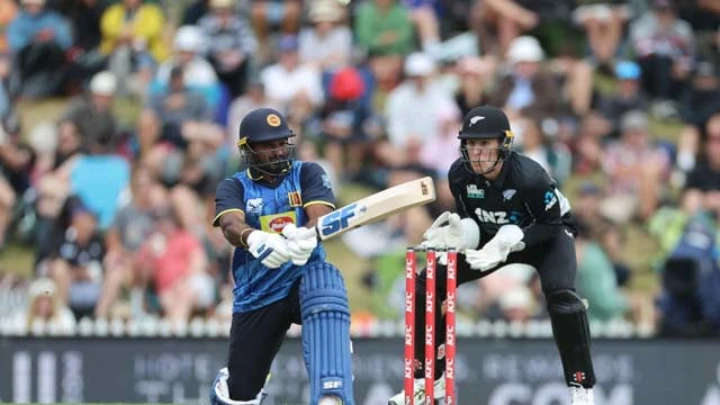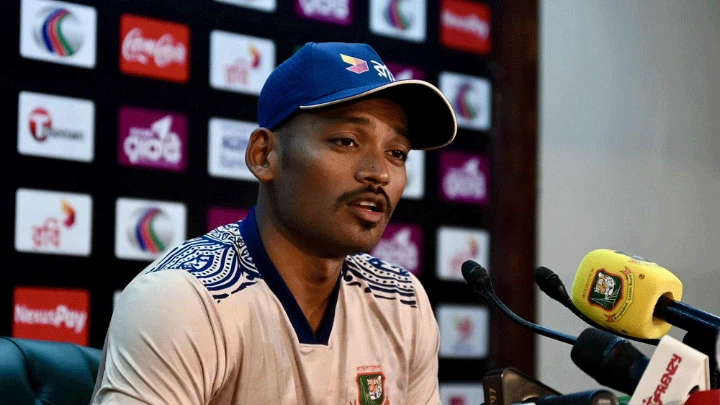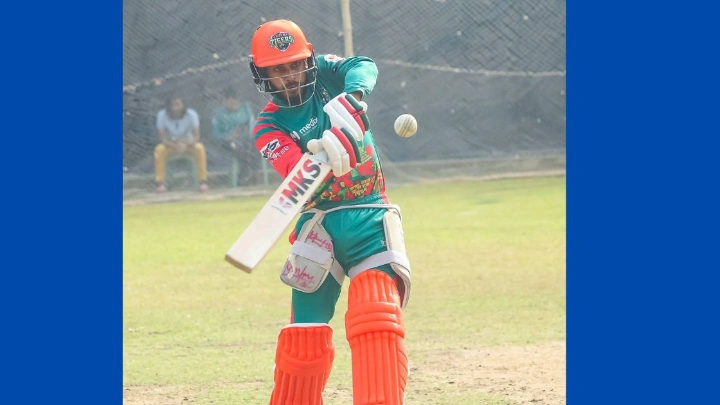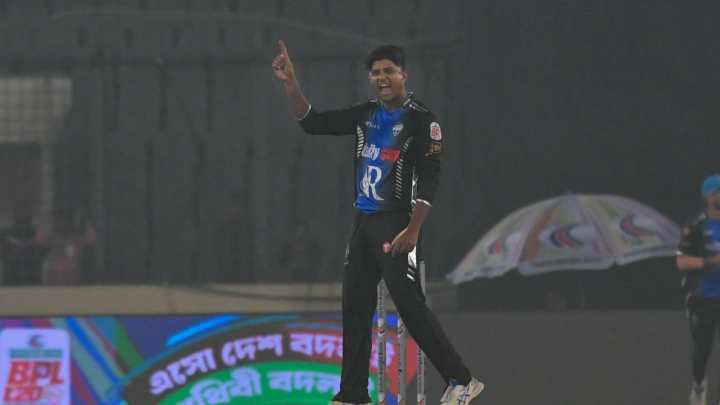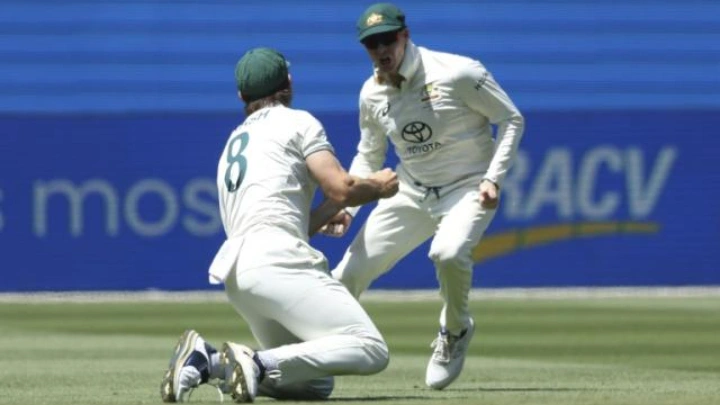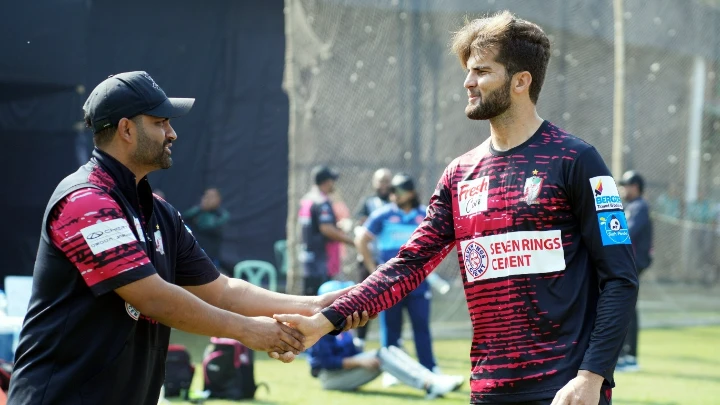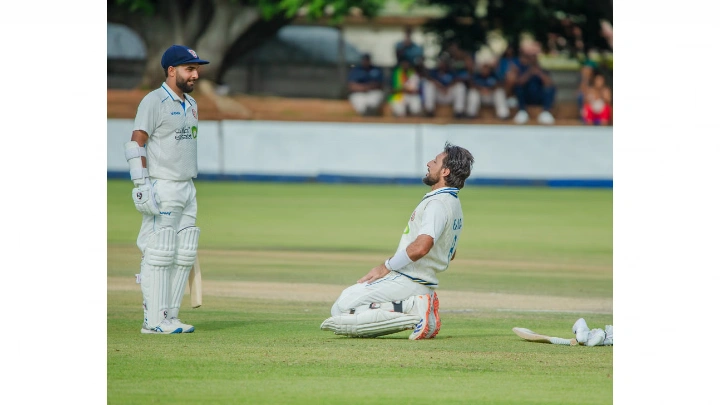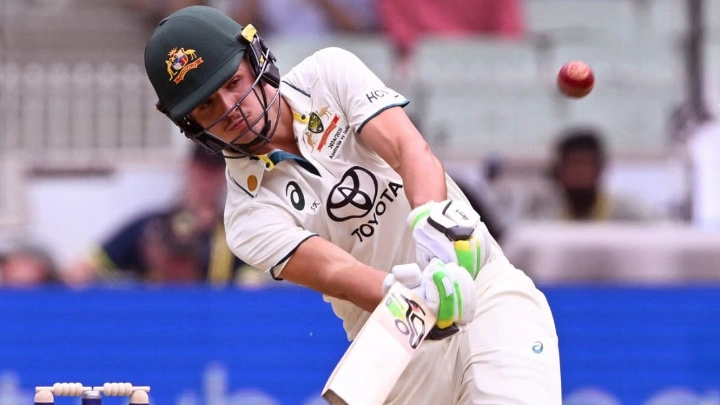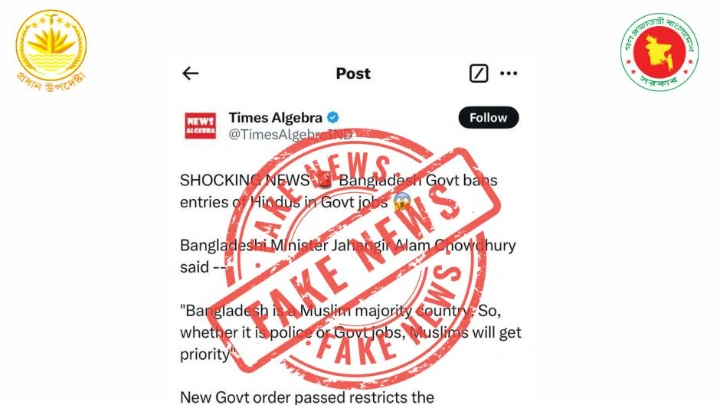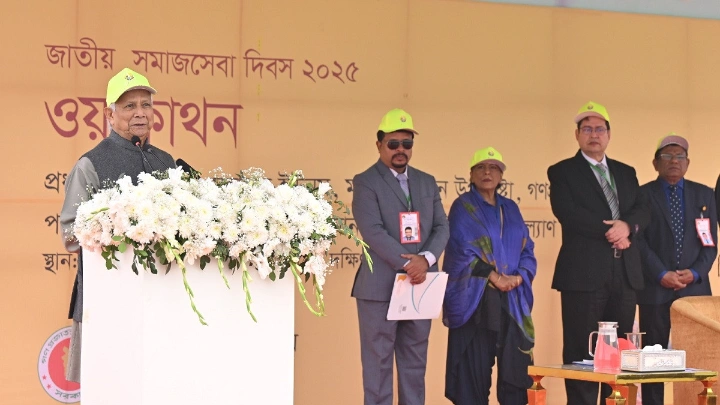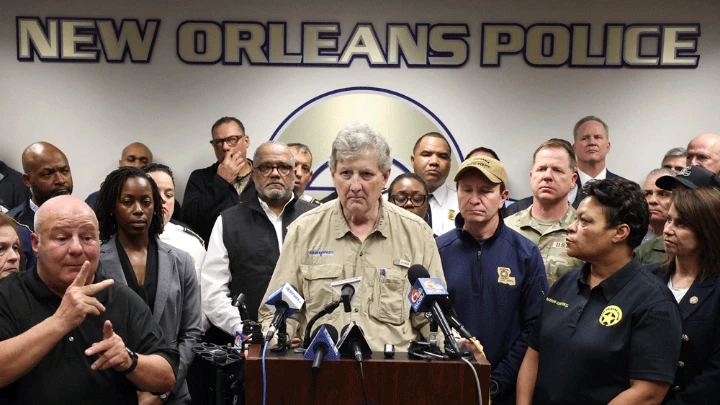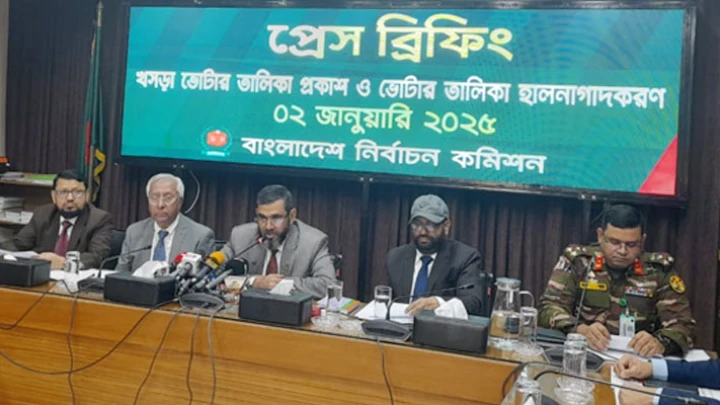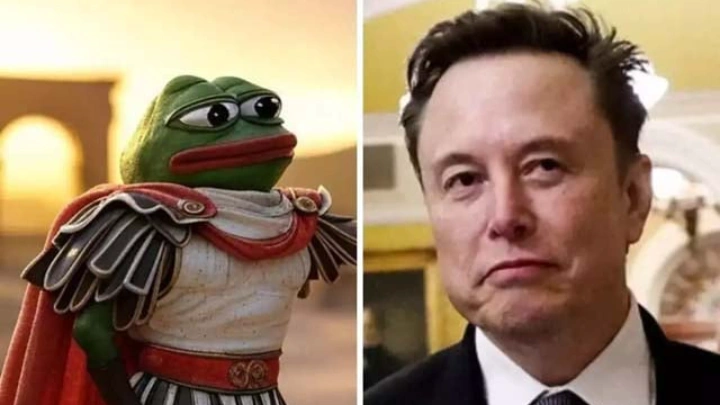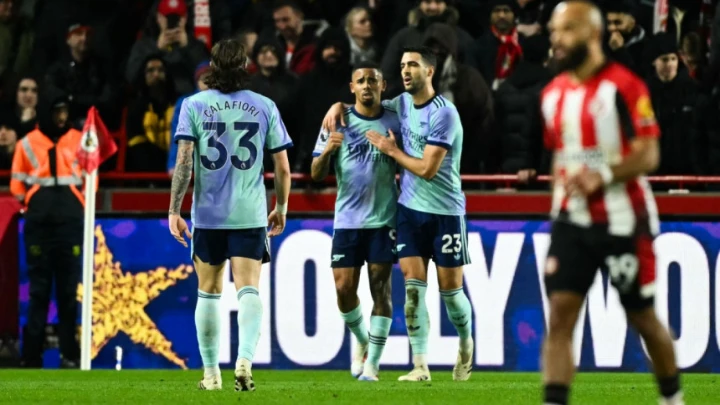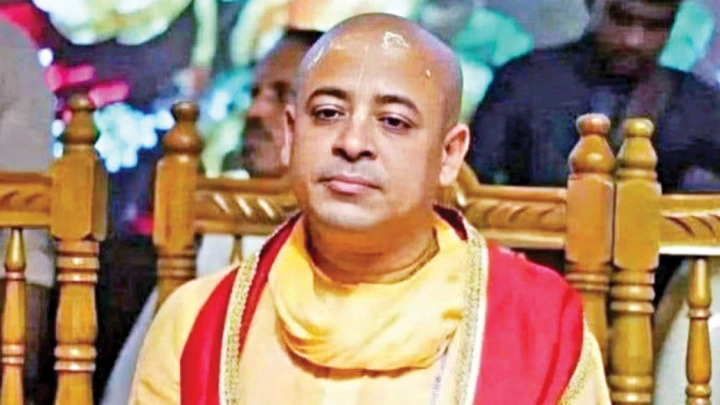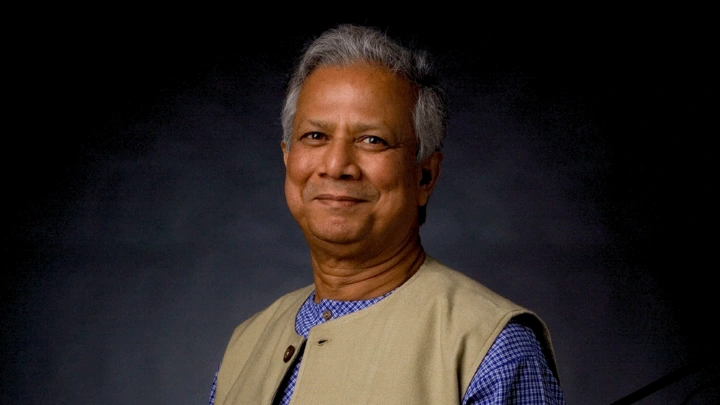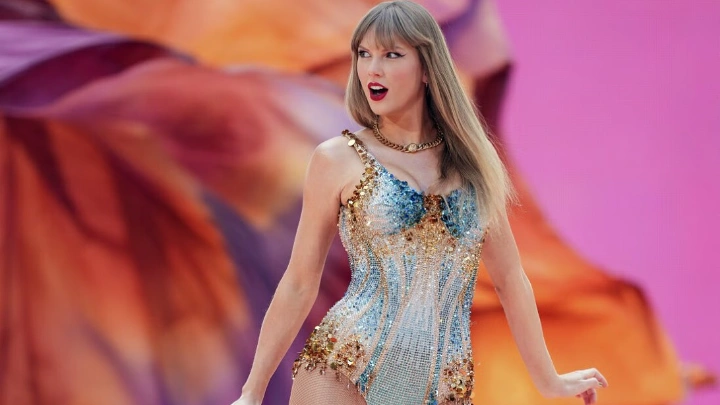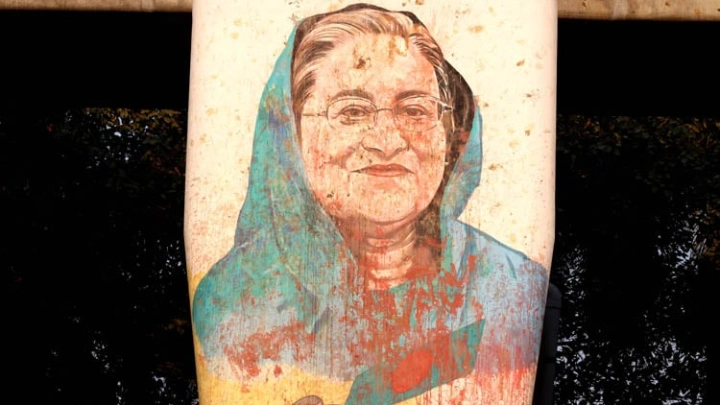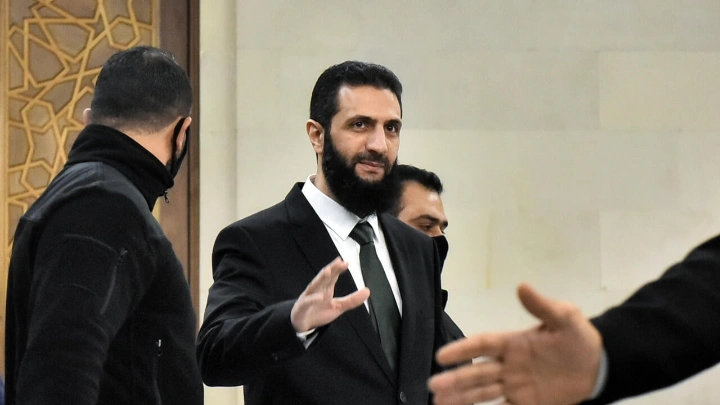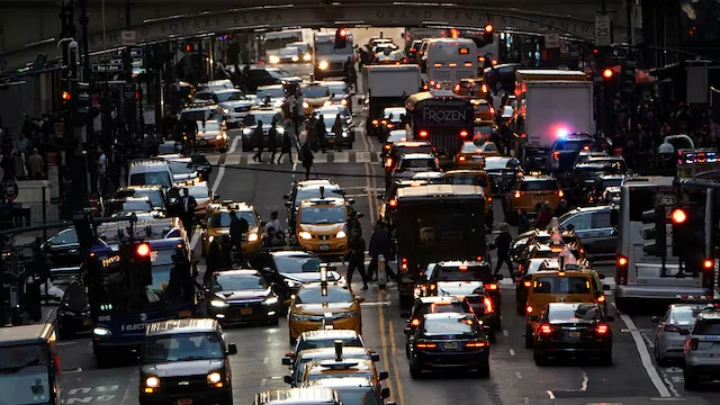Fate of Ganguly, Shah in focus as Supreme Court begins hearing BCCI plea to amend constitution
Shining BD Desk || Shining BD
The Supreme Court has begun hearing the BCCI's plea requesting several amendments to its constitution, which could roll back some of the most significant reforms recommended by the RM Lodha Committee and approved by the court in 2018.
A two-judge bench comprising Justices DY Chandrachud and Hima Kohli heard the BCCI legal counsel Tushar Mehta, who is also solicitor general of India, along with amicus curiae Maninder Singh. The court also heard the Cricket Association of Bihar, the original litigant that had filed a petition against the BCCI following the 2013 IPL corruption scandal, which eventually led to the overhaul of the BCCI's constitution.
The court said it would resume the hearing on Wednesday afternoon, without any indication whether it would pass a judgement on the same day.
Tuesday was the first time in two years that the court was hearing the BCCI plea, originally filed in December 2019. The board then filed a fresh application in April 2020 and has recently been pressing the court to hear the matter urgently considering the outcome would have a significant bearing on the BCCI's elections scheduled for late September.
Among the key reforms the BCCI has asked the court to review are the mandatory cooling-off period for its office-bearers, modifying the disqualification criteria for holding office, giving unprecedented powers to the board secretary, and preventing the court from having a say if the BCCI wants to alter its constitution in the future.
As per the BCCI's re-drafted constitution, which came into effect in 2018, an office-bearer/administrator has to go on a three-year cooling-off period having completed two consecutive terms (six years) either at a state association or in the BCCI, or a combination of both. That person also automatically becomes ineligible to contest, or hold, any position - at both state or BCCI - during the cooling-off period.
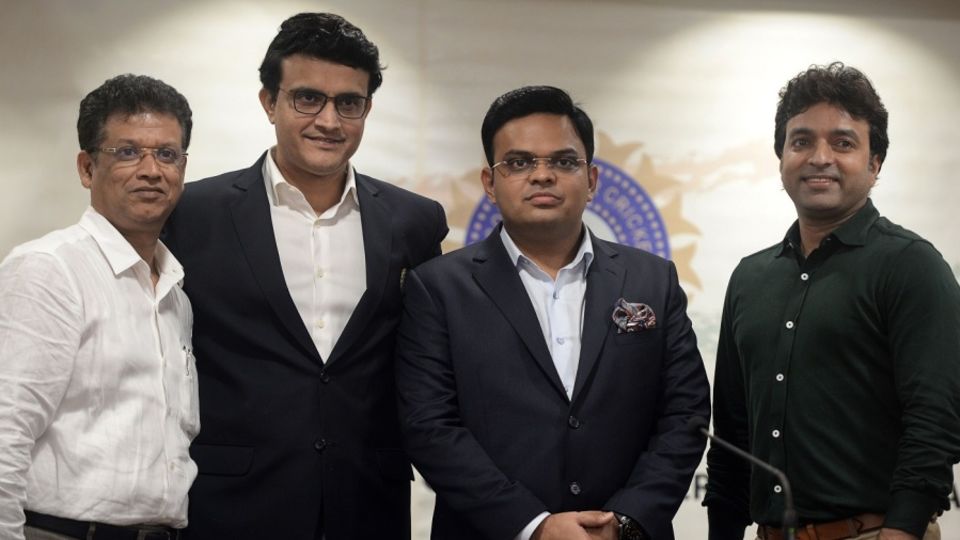
BCCI president Sourav Ganguly with joint-secretary Jayesh George (L), secretary Jay Shah (2R), and treasurer Arun Singh Dhumal•Getty Images
In 2018, the court had relaxed cooling-off period norm that was originally stated in the Lodha Committee's recommendations, which was the basis of the BCCI's new constitution. As per the Lodha Committee recommendations, an office-bearer - at the BCCI or the state associations - would need to take a three-year break having served one term of three years. However, the court tweaked that clause, allowing an office-bearer to serve two consecutive terms (six years) at the state association or the BCCI, or a combination of both, while retaining the maximum tenure of nine years at one organisation (state or board).
Incidentally, the 2018 court judgement was passed by Justice Chandrachud, who had said: "allowing an individual to act as an office bearer for six years in continuation is a sufficiently long period for experience and knowledge gained to be deployed in the interest of the game without at the same time resulting in a monopoly of power." The cooling-off period, Justice Chandrachud said, was necessary because it would act as a "safeguard" against "vested personal interests", as well ensure against the "concentration of power in a few hands" while encouraging more administrators to gain experience.
"Cooling off must be accepted as a means to prevent a few individuals from regarding the administration of cricket as a personal turf," Justice Chandrachud had written in his judgement. "The game will be better off without cricketing oligopolies."
In October 2019, a new BCCI administration was elected with Sourav Ganguly as president, Jay Shah as secretary, Arun Dhumal as treasurer, and Jayesh George as joint secretary. Within two months of taking charge, the Ganguly administration moved the court contesting the cooling-off period: it wanted the cooling-off period to come into effect after the office-bearer had been in a post for six consecutive years at one place - either a state association or the BCCI, but not a combination of both. This is the point both Mehta, Singh and senior legal counsel Kapil Sibal, representing the Tamil Nadu Cricket Association, reiterated.
At present, all five BCCI office-bearers including vice-president Rajiv Shukla have finished six consecutive years in some office, having earlier served at their respective state associations before becoming BCCI office-bearers. Ganguly was meant to start his cooling-off period after July 2020, having begun as secretary at the Cricket Association of Bengal in 2014, following which he became the association's president in 2015, and was re-elected in September 2019 before moving to the BCCI. As for Shah, he was elected joint secretary of the Gujarat Cricket Association (GCA) in 2014. The internal records of the GCA suggest Shah's tenure started on September 8, 2013. In Shukla's case, he is ineligible to continue as a BCCI office-bearer on the basis of his being a Member of Parliament - as per the board's constitution a politician cannot serve as an office-bearer.
Not everyone agrees with the BCCI, including Subramaniam Swamy, a member of the Bharatiya Janata Party that leads the Indian government. According to Bar and Bench, an Indian legal website, Swamy has filed a petition in the court contesting the BCCI, saying its plea was aimed at "negating and destroying" the cooling-off period, "resulting in a monopoly of power in the hand of few individuals", and "destroying the quintessence" of the 2018 Supreme Court judgement.
By ESPN
Shining BD


